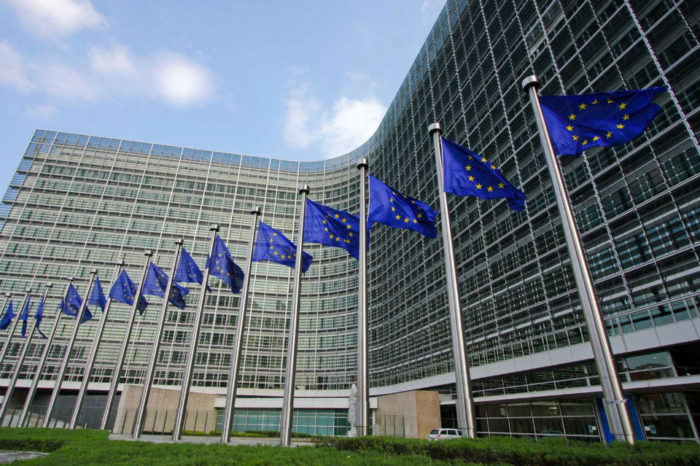EY: Cybersecurity remains the top risk for European banks on a 12-month horizon

For the second consecutive year, the EY and Institute of International Finance (IIF) Bank Risk Management Survey finds that cybersecurity is the top concern for European banking Chief Risk Officers (CROs).
The survey, which uses sentiment data from 17 large European banks, finds that 82 percent of European CROs rank cybersecurity risk as the biggest threat to their business over the next 12 months (relative to 73 percent globally), and 71 percent believe cyber warfare between nation-states is becoming an increasingly real threat.
The challenging geopolitical environment is also leading to European banking CROs voicing concerns about global sanctions and operational resilience, and 82 percent of respondents believe geopolitical risks will increase this year.
“The most effective way to guard against cyber threats is by continuously boosting operational resilience. Here, the EU’s Digital Operational Resilience Act (DORA) plays a crucial role, enabling firms to reduce interruptions, adapt to progressively intricate risks, and promote heightened stability and security internally”, says Catalina Dodu, Consulting leader, EY Romania, and Cybersecurity Leader EY South Cluster.
When asked about material risks over a five-year period, almost three quarters (76 percent) of European banking CROs believe climate risk presents the biggest emerging threat to operations, relative to 56 percent globally. While still a top-five issue, a smaller 53 percent of respondents say they have concerns about AI and machine learning risks and 47 percent about IT legacy systems risks.
European banking CROs consider climate change to present such a level of risk that over half (59 percent) of respondents believe it requires the direct attention of the board.
The multiple aspects of short-term climate risks in banking, such as short-term reporting imperatives, are yet to be discovered by CROs. Overall, the survey results show that risk managers recognize the urgent need for better understanding and action on climate risks and increased efforts to close these gaps.














